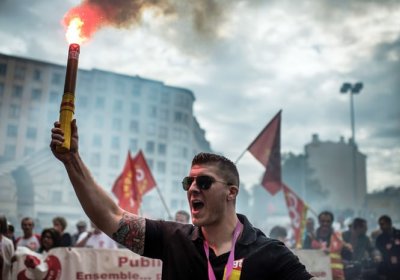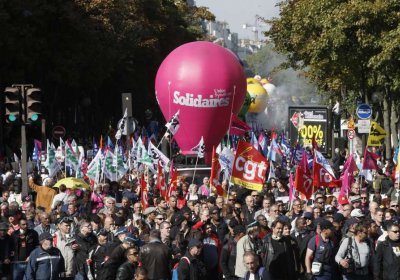While the marriage equality campaign is currently focused on maximising a Yes response in the national survey, supporters of marriage equality and of LGBTI rights more generally need to look beyond the horizon of the survey itself.
This is because a majority Yes in the survey will not definitively resolve the question of marriage equality and because there are many other challenges facing the LGBTI community, particularly around legal rights.











